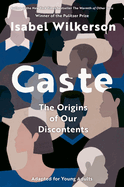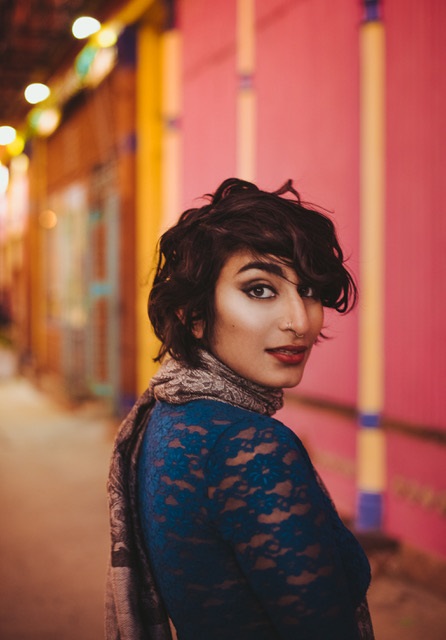 |
| photo: Cassidy Kristiansen |
Fatimah Asghar's first book of poems, If They Come for Us, explored themes of orphaning, family, the violence of the 1947 Partition of South Asia, the legacy of colonization and shifting identity. With Safia Elhillo they co-edited Halal If You Hear Me, an anthology for Muslim people who are also women, trans, gender non-conforming and/or queer. Asghar is the writer and co-creator of the Emmy-nominated Brown Girls, a web series in development with HBO that highlights friendship among women of color. Asghar wrote and directed two short films, Got Game and Retrieval, in which they also starred. Their debut novel, When We Were Sisters (One World/Random House, October 18, 2022), follows three Muslim American sisters who, after their parents die, are left to raise one another in a country with systems that were not designed for them.
Handsell readers your book in 25 words or less:
When We Were Sisters is a lyrical novel about orphaning, siblinghood and the small and large traumas that keep us apart from each other.
On your nightstand now:
I'm currently reading Undrowned by Alexis Pauline Gumbs and The Spirit of Intimacy by Sobonfu Somé, and I just finished Customs by Solmaz Sharif. This week two amazing books also just dropped: Safia Elhillo's Girls that Never Die and Fariha Róisín's Who Is Wellness For?
Favorite book when you were a child:
I really loved Harry Potter. Getting lost in magic and fantasy was so important to me, especially because Harry was an orphan. It's really unfortunate now, seeing J.K. Rowling being anti-trans and that feeling of seeing someone you admired as a child be so awful to an entire group of people. I also loved Everything Is Illuminated by Jonathan Safran Foer. I remember reading that book and being, like, wow, I didn't know a single book could make me feel so many feelings.
Your top five authors:
This is an impossible question because I don't really have just five. But I know that I'll read anything by Ross Gay. I love Arundhati Roy and The God of Small Things; I return to that book often. I also love Justin Torres and We the Animals. I absolutely love everything by Toni Morrison--I can get so lost in her worlds, and she always teaches me so much about humanity and tenderness. And Lucille Clifton, I return to her so often.
Book you've faked reading:
Unfortunately, a lot. I don't have a really strong background in what folks would consider "the classics," white canonical literature. So when folks often talk about Fitzgerald or Mark Twain or Jane Austen, I'm always, like, yeah, sure. And it's weird because I know I've read parts of them, and there are so many movies I've seen that are based on their work, so I feel like I know them without knowing them.
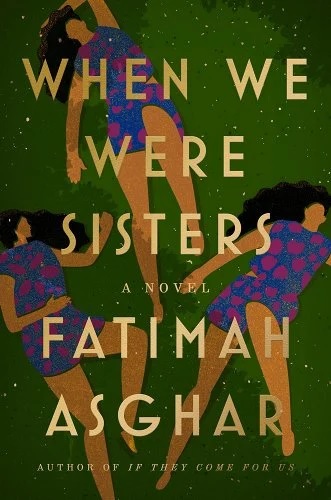 Book you're an evangelist for:
Book you're an evangelist for:
How We Show Up: Reclaiming Family, Friendship, and Community by Mia Birdsong. I love this book so much, and I feel like it articulates so many truths about community and intimacy and the need for each other that I know so deeply. I think as our world is growing increasingly disconnected, there are so many people who hunger deeply for belonging and community and care. I think this is a really important book in charting out paths towards that.
Book you've bought for the cover:
Too Much Midnight by Krista Franklin! I didn't buy this for just the cover: Krista is an unreal poet and her ability with words is masterful, but Krista is also a collage artist and a visual artist and has designed the cover for many books. So buying this book was special, because it meant getting her words and owning a piece of her visual art.
Book you hid from your parents:
Me and my friends used to pass around The Coldest Winter Ever by Sister Souljah, and trust that book was hidden from all of my family.
Book that changed your life:
So many of them. I sometimes get afraid of picking up books because I know how transformative they can be, how they can change your life. Books are portals, and when a book hits you at the right moment it really can take you on an entirely separate path. I think of Ilya Kaminsky's Dancing in Odessa, Mahmoud Darwish's Journal of an Ordinary Grief and Kamau Brathwaite's Trench Town Rock. Also, historical tips: The Other Side of Silence by Urvashi Butalia and Midnight's Furies by Nisid Hajari--both books that talk about Partition.
Favorite line from a book:
I can't give you a favorite line from a book ever, but I can give you my favorite line from the book I am reading right now, which is: "It makes me think about who benefited all this time from the conspiracy to pretend I didn't exist. And then later the lie that the only real part of me was the part they could sell." --Alexis Pauline Gumbs, Undrowned: Black Feminist Lessons from Marine Mammals.
Five books you'll never part with:
Seam by Tarfia Faizullah. The Alchemist by Paulo Coelho. The Black Maria by Aracelis Girmay. All About Love by bell hooks. Dictee by Theresa Hak Kyung Cha.
Book you most want to read again for the first time:
Honestly, I think Jazz by Toni Morrison. I remember reading Jazz and it hitting so deep in me, and it was also really reflective of a deeply personal and deeply hidden thing that I was going through at the same time. And the book just cut so close. I read it and then kind of put it away and haven't revisited it since because of the unearthing it did in me. But part of me is still there, in that time that I first read it, soaking in every word.
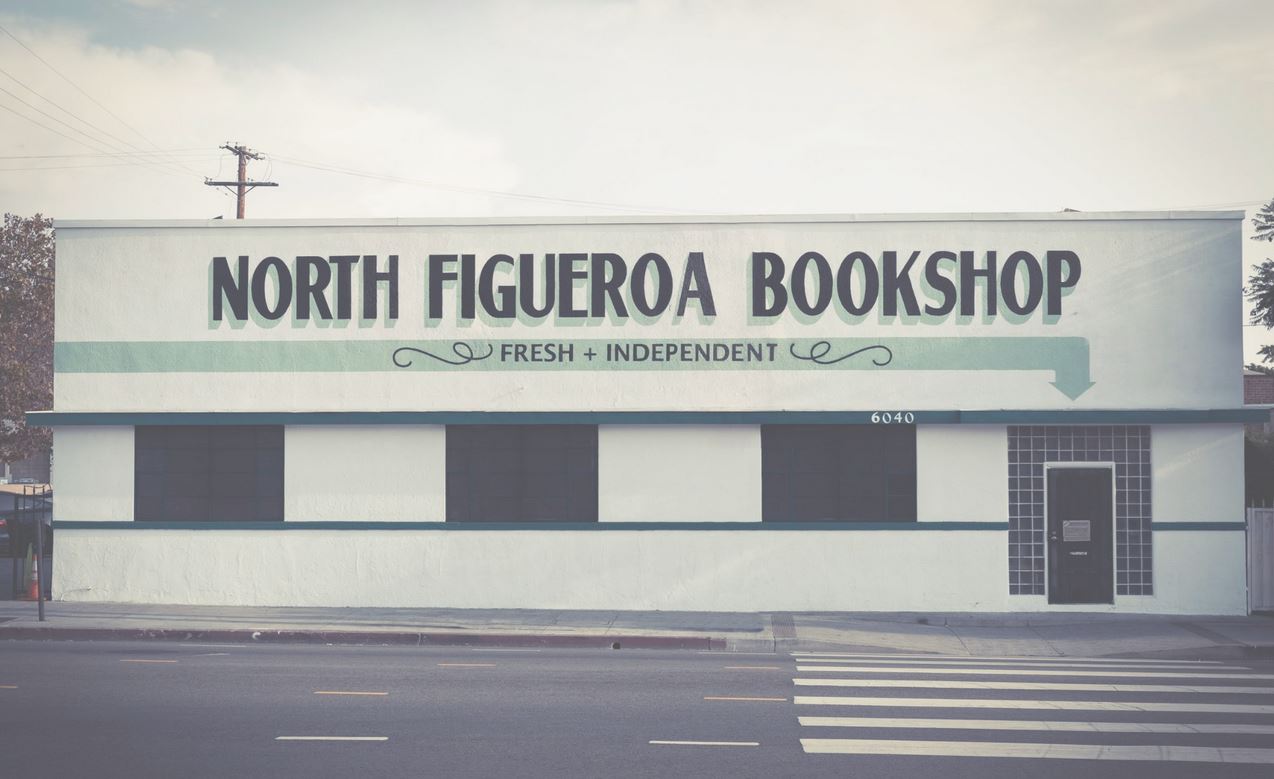











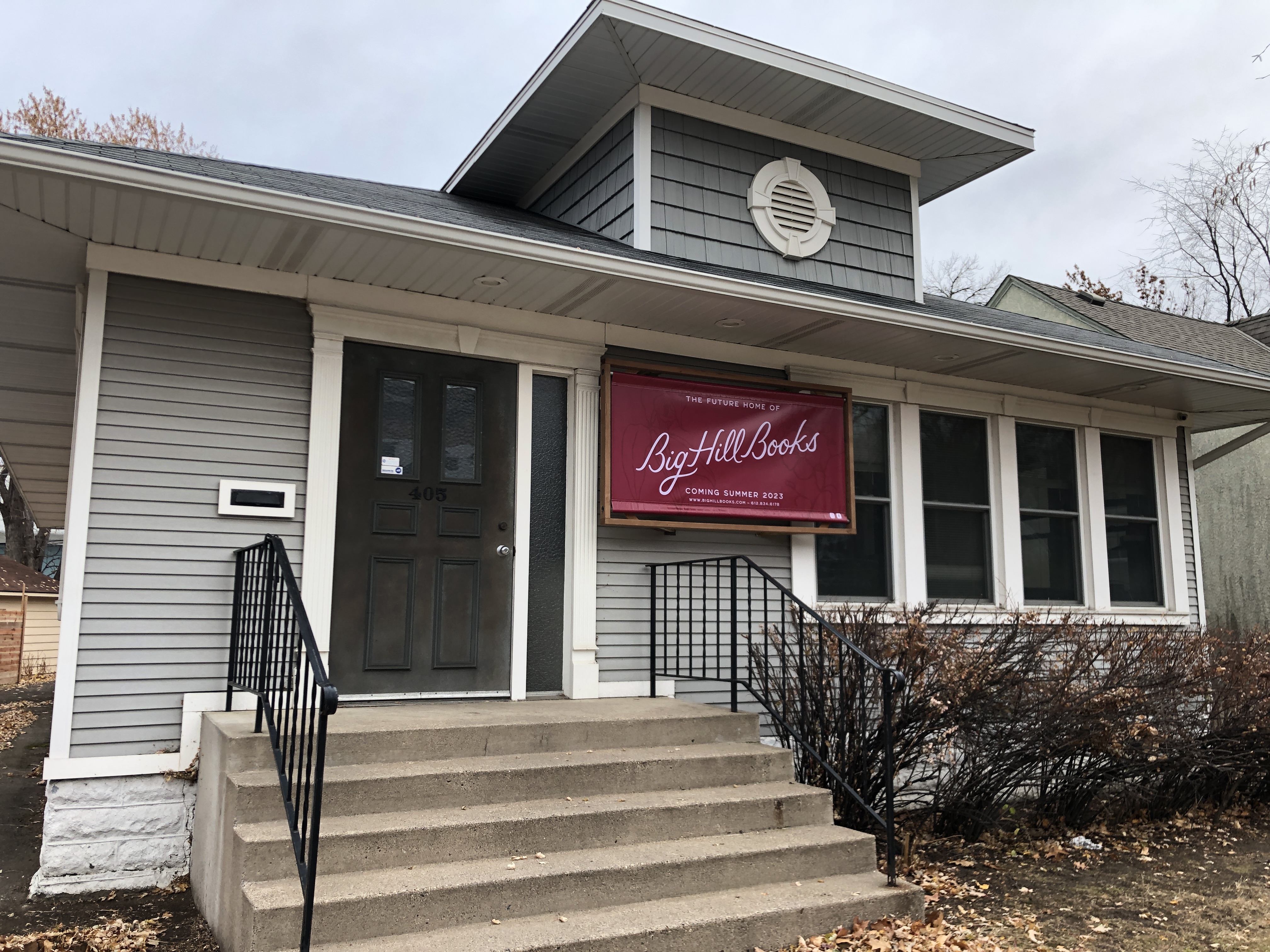

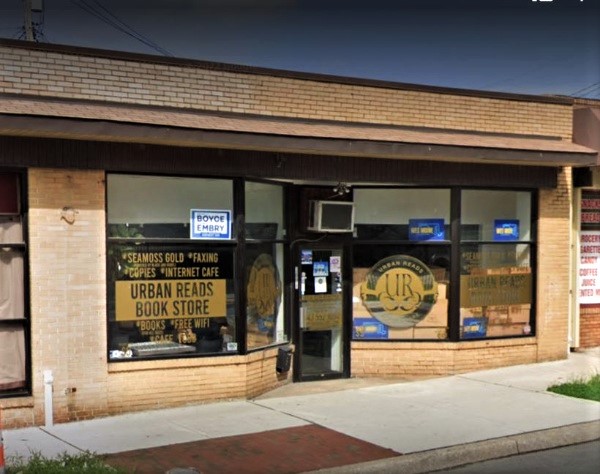
 The Publishers Association, Booksellers Association and Association of Author's Agents
The Publishers Association, Booksellers Association and Association of Author's Agents 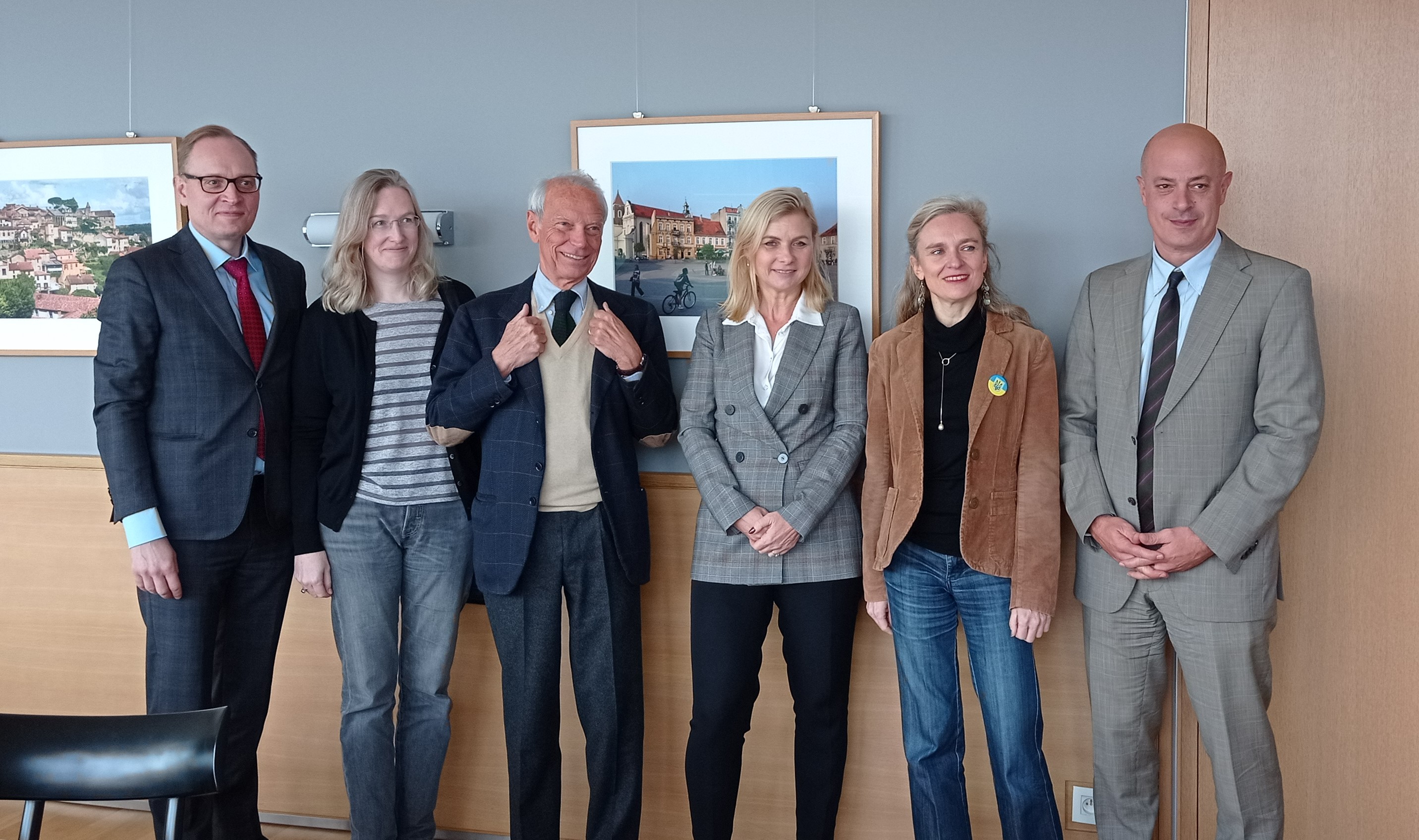
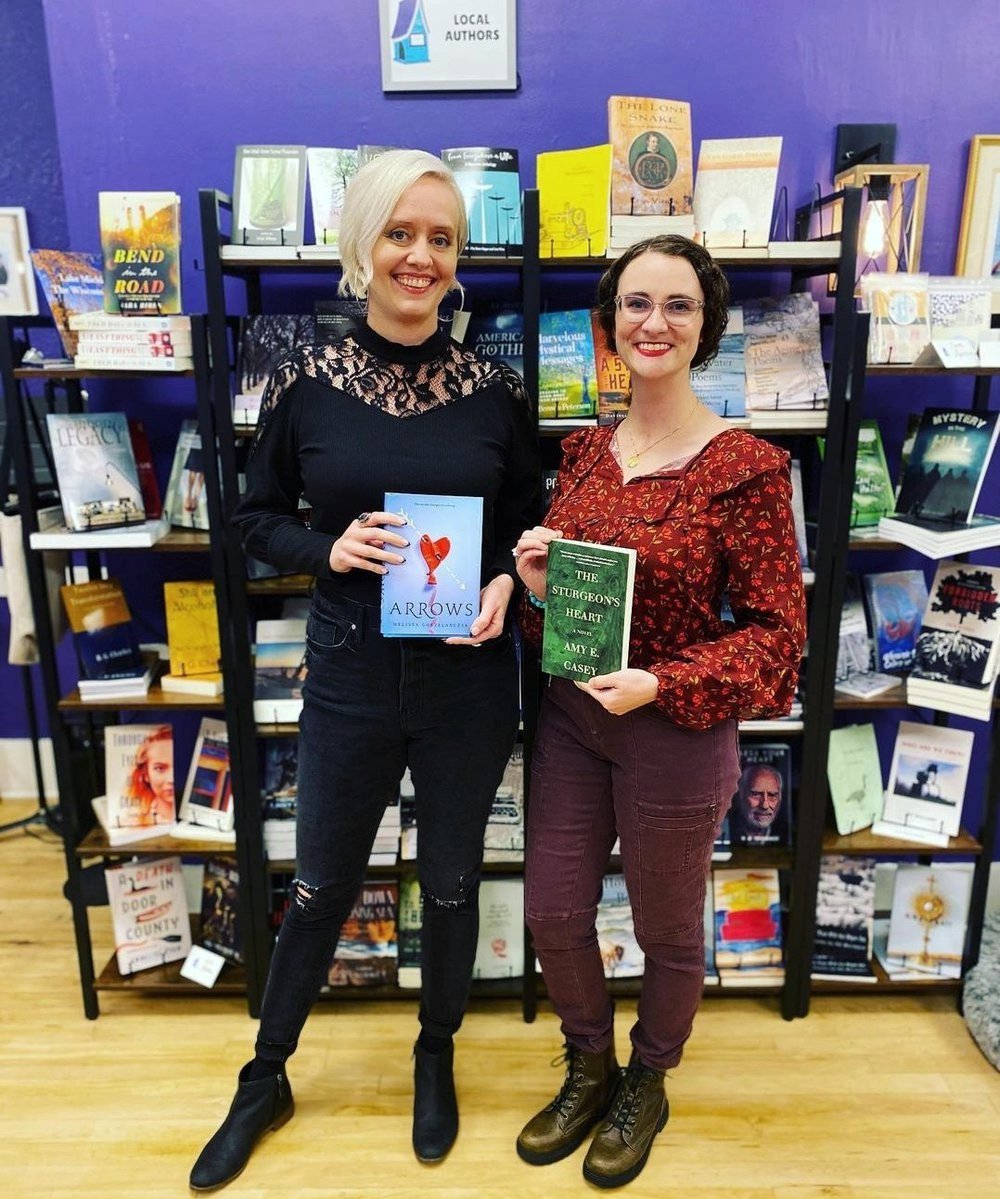 Amy E. Casey (The Sturgeon's Heart, Gibson House, 2022) and Melissa Gorzelanczyk (Arrows, Delacorte, 2016) headlined a well-received talk on writing and publishing at
Amy E. Casey (The Sturgeon's Heart, Gibson House, 2022) and Melissa Gorzelanczyk (Arrows, Delacorte, 2016) headlined a well-received talk on writing and publishing at 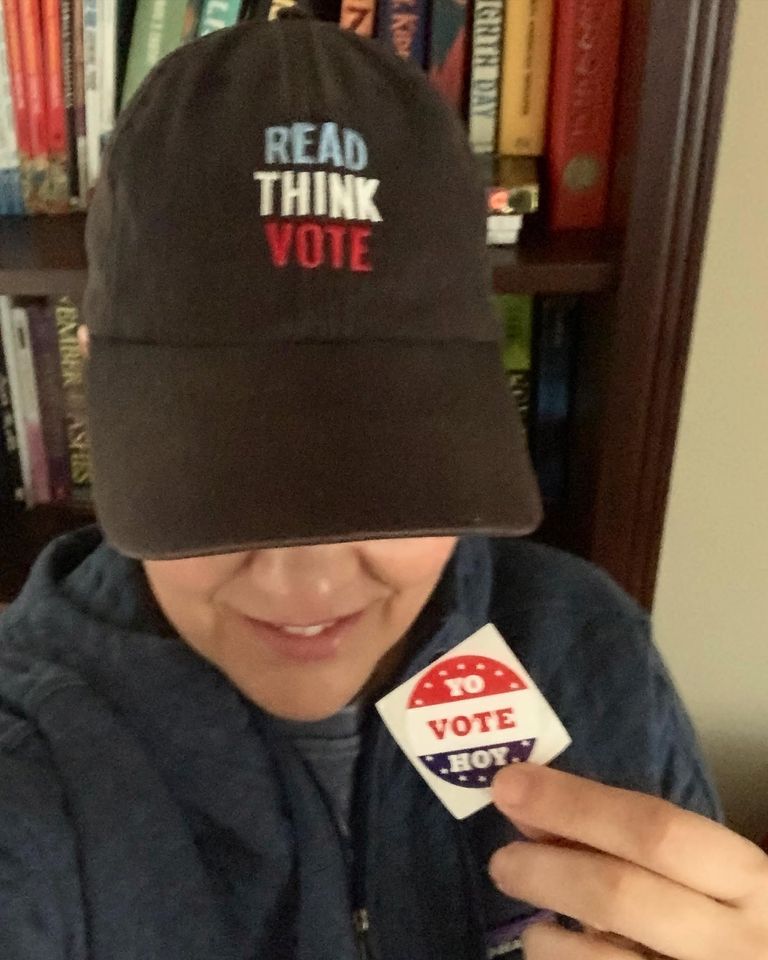
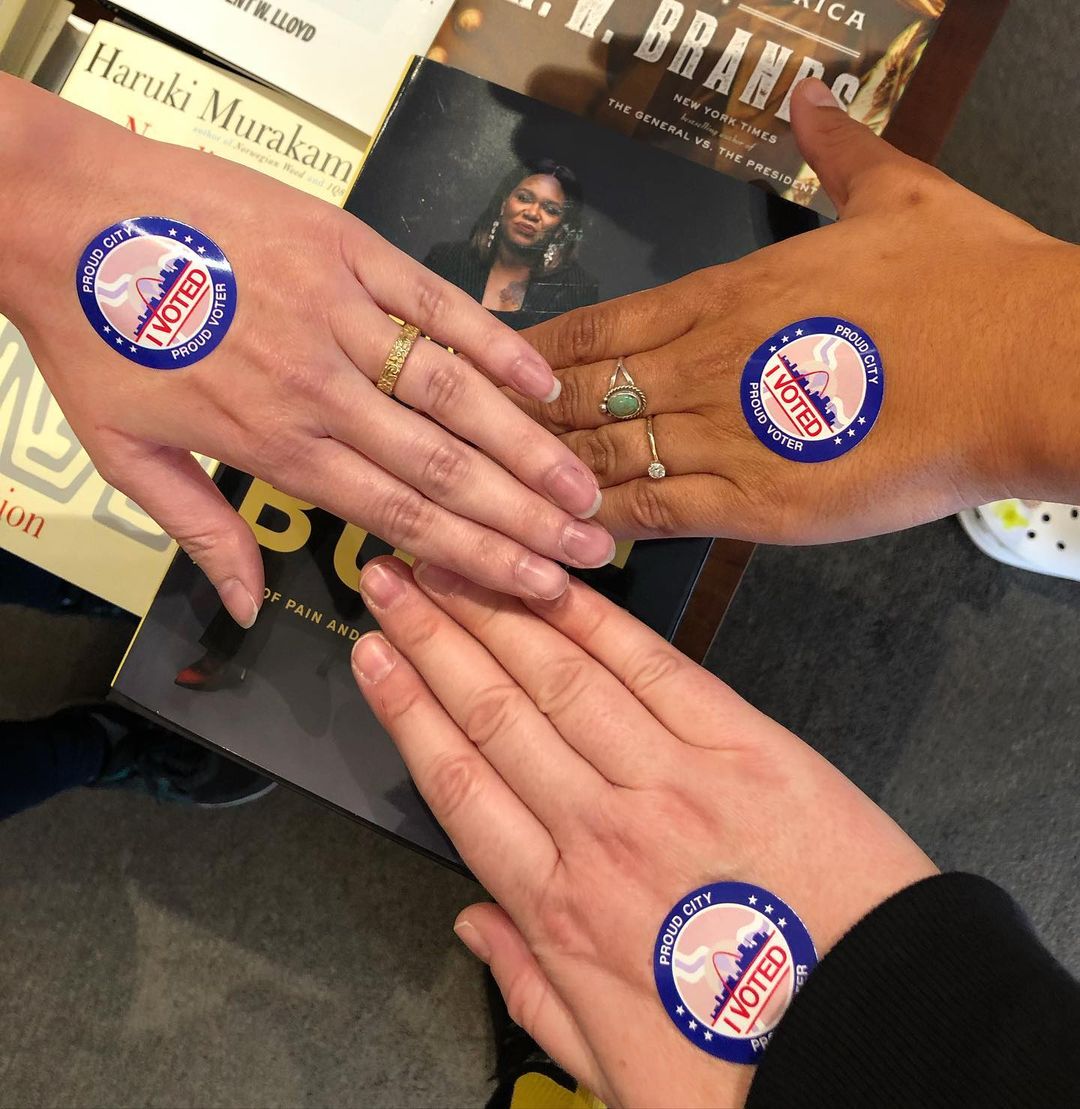
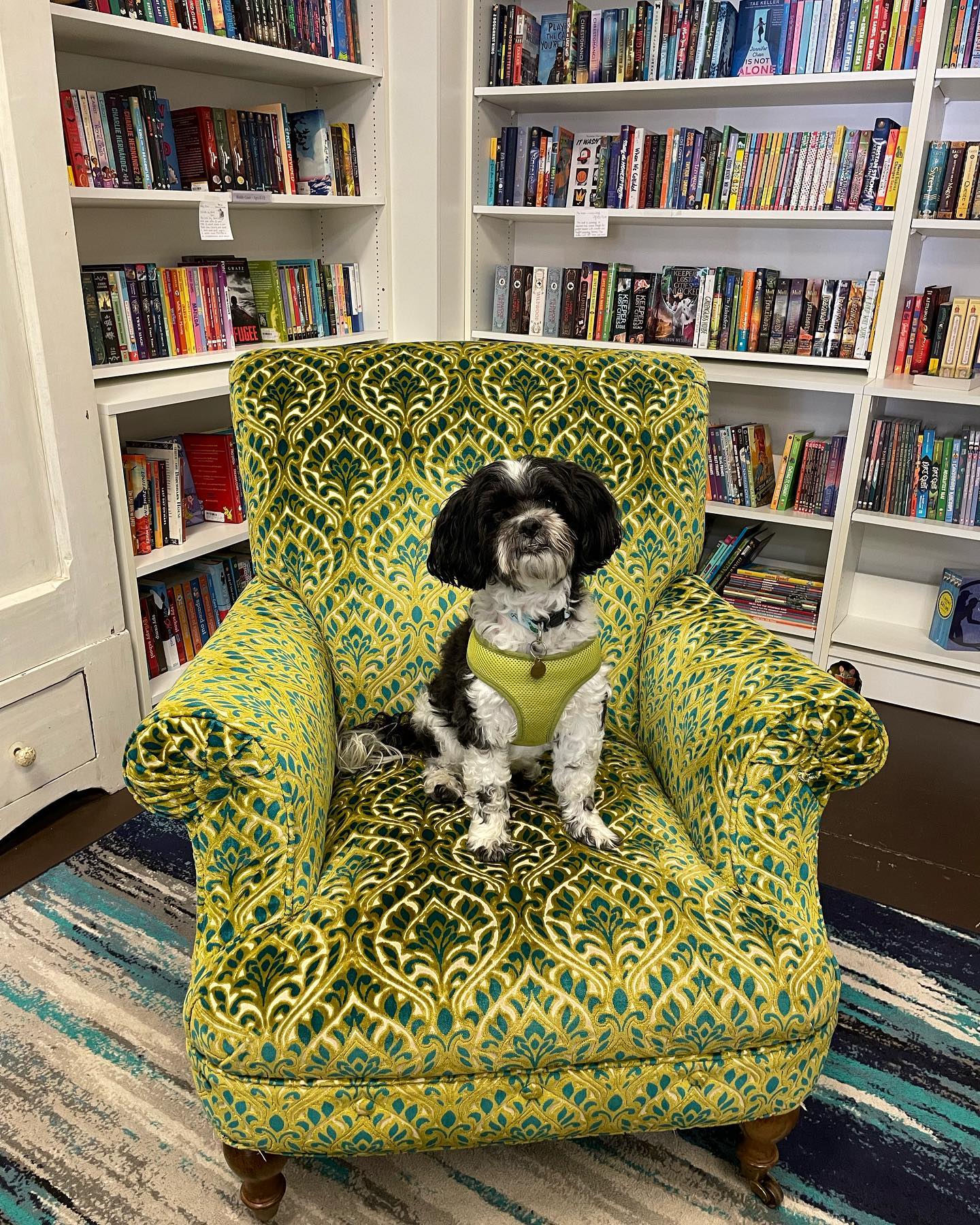
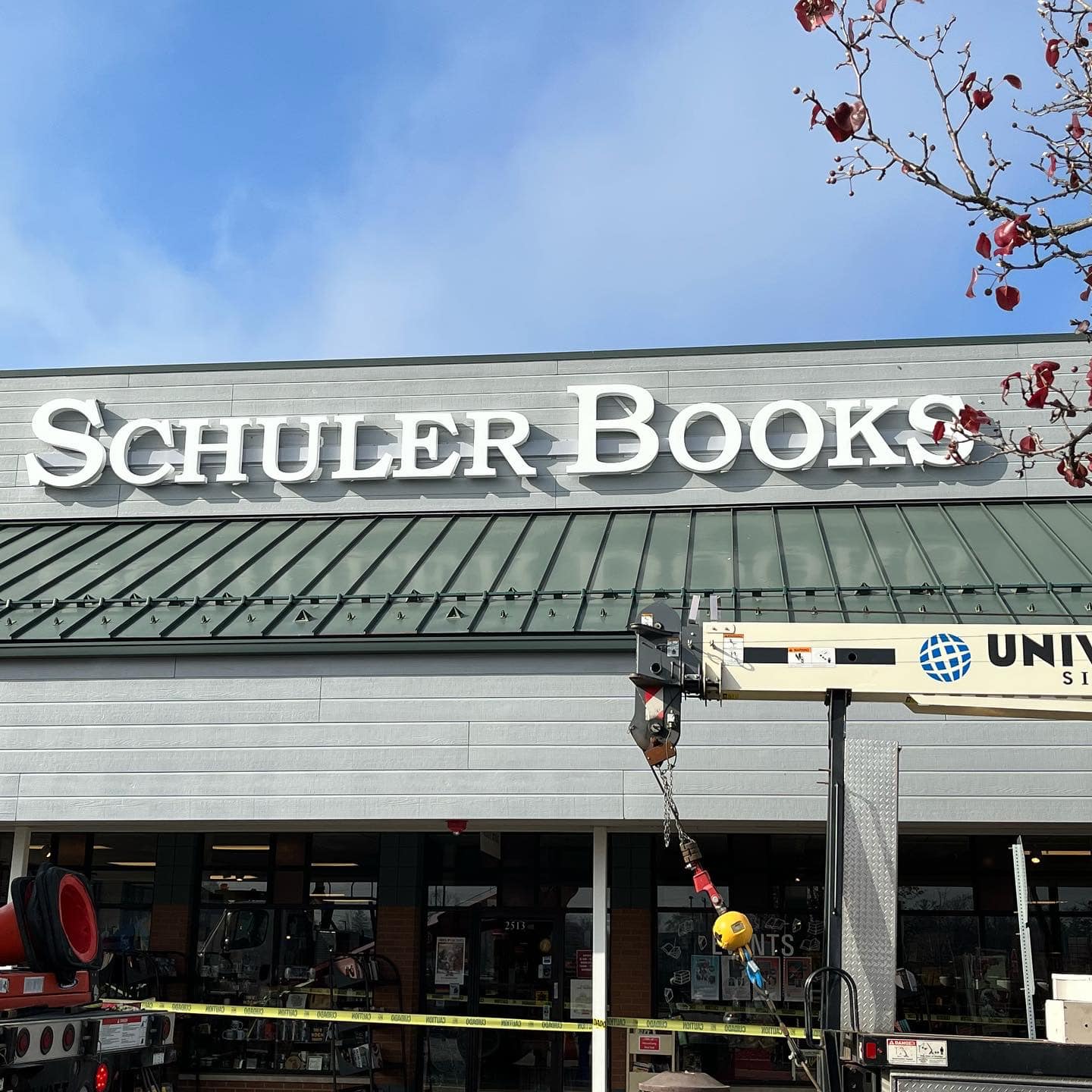 "It's been an eventful morning.
"It's been an eventful morning. 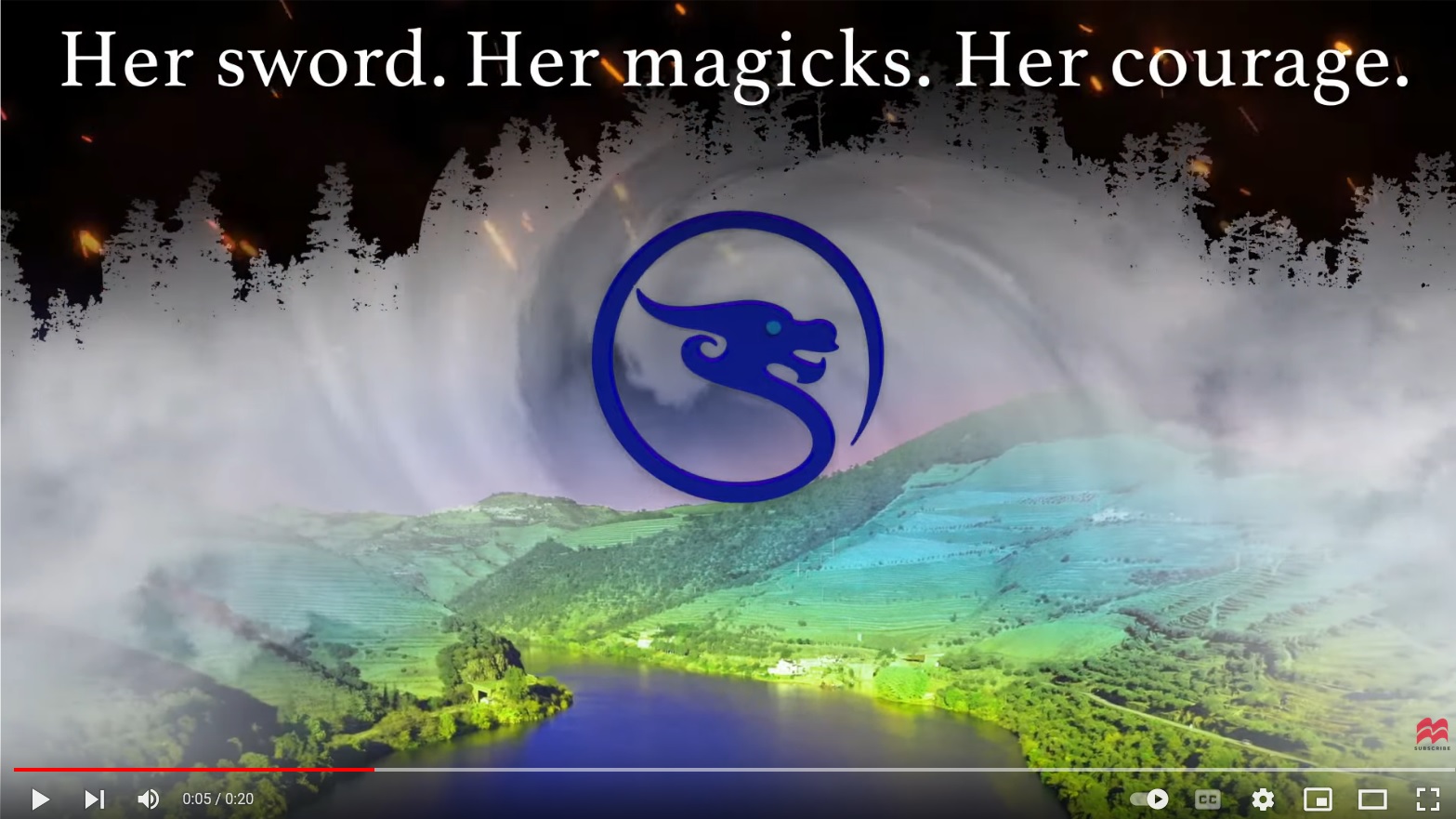 The Choice: The Dragon Heart Legacy, Book 3
The Choice: The Dragon Heart Legacy, Book 3
 Book you're an evangelist for:
Book you're an evangelist for: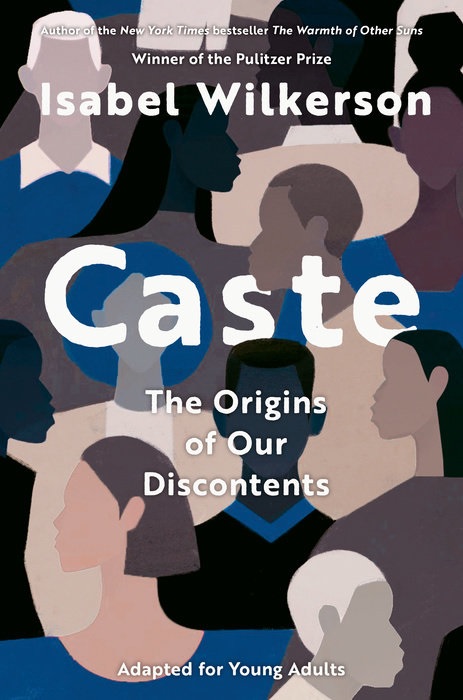 Pulitzer Prize-winning author Isabel Wilkerson tells her young adult audience that "caste is the wordless usher in a darkened theater, flashlight cast down in the aisles, guiding us to our assigned seats for a performance." But Wilkerson adroitly illuminates the whole auditorium by turning three intense spotlights on "the chilling... officially vanquished caste system of Nazi Germany," "the lingering, millennia-long caste system of India" and "the unspoken, race-based" system in the United States. This in-depth exploration pulls ugly secrets out of the shadows and gives name and shape to the "caste pyramid." Wilkerson's adaptation of her bestselling adult book brings this weighty subject to an accessible level for teen readers.
Pulitzer Prize-winning author Isabel Wilkerson tells her young adult audience that "caste is the wordless usher in a darkened theater, flashlight cast down in the aisles, guiding us to our assigned seats for a performance." But Wilkerson adroitly illuminates the whole auditorium by turning three intense spotlights on "the chilling... officially vanquished caste system of Nazi Germany," "the lingering, millennia-long caste system of India" and "the unspoken, race-based" system in the United States. This in-depth exploration pulls ugly secrets out of the shadows and gives name and shape to the "caste pyramid." Wilkerson's adaptation of her bestselling adult book brings this weighty subject to an accessible level for teen readers.